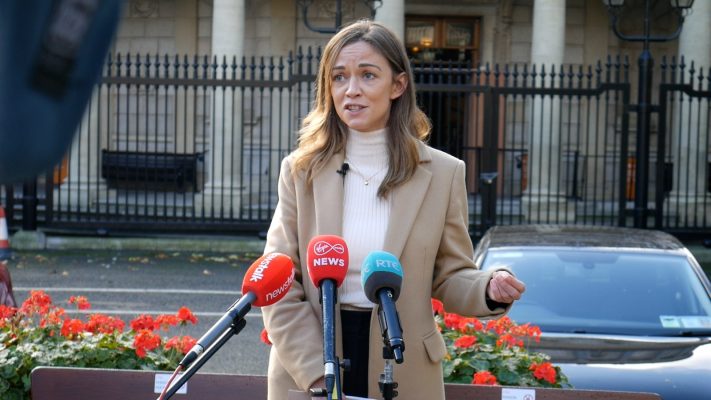With just two months to go before quotas are again exhausted, the Minister must come forward with proactive solutions
Inshore fishing is rapidly becoming both unsustainable and unviable because the Minister for Agriculture has refused to review his own department’s mackerel quotas, according to Social Democrats Agriculture Spokesperson Holly Cairns.
“Currently, a paltry 2% of Ireland’s mackerel quota is assigned to vessels under 15 metres while 98% is assigned to just 50 larger boats. This massive disparity is not imposed by the EU, but by the Department of Agriculture – and it is making inshore fishing both unsustainable and unviable.
“Last year, small vessels were stopped from catching mackerel in June, when their meagre annual quota was reached. At the time, I asked Minister McConalogue to act but no help for inshore fishers was forthcoming. With just two months to go before quotas are again exhausted, the Minister must come forward with proactive solutions.
“The alternative is a repeat of last year’s scandalous situation whereby even the operators of the smallest of vessels, who are barely getting by, were not permitted to catch a few dozen mackerel to sell at local farmers’ markets.
“When I raised the issue with the Minister in February, he indicated there would be no change in policy. In response to my questions in the Dáil today, the Minister said he was considering revisiting the issue – but failed to provide any timetable for action. This is not good enough.
“It is entirely within the Minister’s authority to adjust the quota allocation. Even a marginal change, from 2% to 4%, would make a huge difference to inshore fishers and still leave larger vessels with 96% of the catch.
“Existing government policy contradicts Article 17 of the Common Fisheries Policy, which states the allocation of quota must be based on the environment; social and economic benefits; and the policy preamble – which specifically states that small offshore islands, dependent on fishing, should be especially recognised to enable them to survive and thrive.
“Our inshore fisheries are more environmentally friendly and practise the kind of sustainable fishing which has been found in coastal and island communities for centuries. Inshore fishing also provides the vast majority of employment in the sector. The least they deserve is a fair allocation of both quota and funding.”
5 April, 2022
Ends

